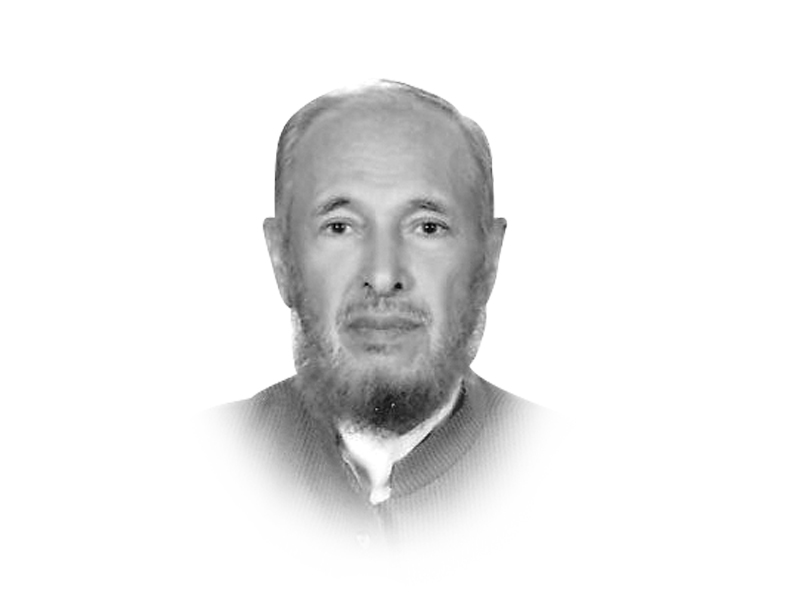
Taliban agreeing to meet with Kabul government’s and US officials is a slight modification of their stance on the issue of parleys with the Afghan Government. After the death of Mullah Mansoor, the movement had resolved not to sit for talks with government representatives or with the Americans. It appears that those in favour of entering into negotiations have prevailed. An important dimension of the interaction is the near-absence of Pakistani mediators. The Doha round of talks has been preceded by arrests, in Pakistan,of a number of top ranking leaders of the Taliban movement mainly in Balochistan’s Pakhtun areas.
The direct contacts between Taliban and the Kabul regime also show that communication channels have been established between the two entities—bypassing Islamabad. This is seen as a major victory for Kabul in its endeavours to seek direct access to the Taliban leadership without soliciting help from Islamabad. The Doha talks also show the deepening distrust between the Taliban and Pakistani officials. A breakdown of Islamabad-Kabul contacts is another factor that forced Ashraf Ghani’s government to intensify efforts to engage the Taliban in negotiations.
Perhaps the most important cause of the Kabul government’s keenness to open talks with the Taliban is the relentless offensive launched by the latter in recent weeks and the impending fears of the fall of many towns both in North Afghanistan as well as the Taliban’s strongholds of Helmand, Kabul is also genuinely worried about any escalation in the number of defections from the army and the police in the wake of the Taliban advances into government, held areas across the country.
But the Doha engagement would pose problems for the Taliban if the talks don’t deliver any tangible outcome. That is highly doubtful. Because the fundamental issue is a timetable for withdrawal of all foreign forces. The US Administration and the Kabul government are not desperately keen to organise the withdrawal of coalition forces for a host of reasons. Unless there is a change of policy or perception, either in the US or in the Afghan Government on this critical issue, there is no hope of any convergence of views between the Taliban and their interlocutors.
But as mentioned earlier the Taliban would face a dilemma, whether to remain part of a process that does not hold any real promise for reconciliation and risk losing volunteers or to withdraw and focus on continuing their struggle to score military victories in the face of heavy odds.
If the talks continue without any signs of real progress, the Kabul regime could use the interregnum to establish links and try to wean some Taliban activists from the main body led by Haibatulla Akhunzada. The regime could also tap into the differences in the Taliban hierarchy and help cause wider disaffection. On the other hand, the faction that does not support any contacts with the government could, in the event of prolonged and protracted negotiations, mount pressure on the top leadership for a boycott of the political process. In either case if the Taliban unity is in jeopardy — it will be a tremendous morale booster for the regime and its forces.
There is no immediate prospect for any significant development in the reconciliation endeavours. But for both sides so much is at stake in terms of whether each side would be able to demonstrate to the people and to the world that it has achieved a degree of success at the expense of the other. This has more serious ramifications for the Taliban than the Afghan Government because Kabul is not seen as the sole arbiter of decisions relating to the insurgency. On the other hand, the Taliban are now viewed as taking their own decisions after Islamabad launched a drive to arrest the movement’s leadership.
Pakistan losing its leverage with its erstwhile allies will have many implications as the Afghan conundrum escalates with Islamabad not having any clear vision or formula on how to help mainstream the Taliban on terms that are mutually agreeable to all. It is a failure that will haunt Pakistan for years to come.
Published in The Express Tribune, October 19th, 2016.
Like Opinion & Editorial on Facebook, follow @ETOpEd on Twitter to receive all updates on all our daily pieces.













COMMENTS (3)
Comments are moderated and generally will be posted if they are on-topic and not abusive.
For more information, please see our Comments FAQ